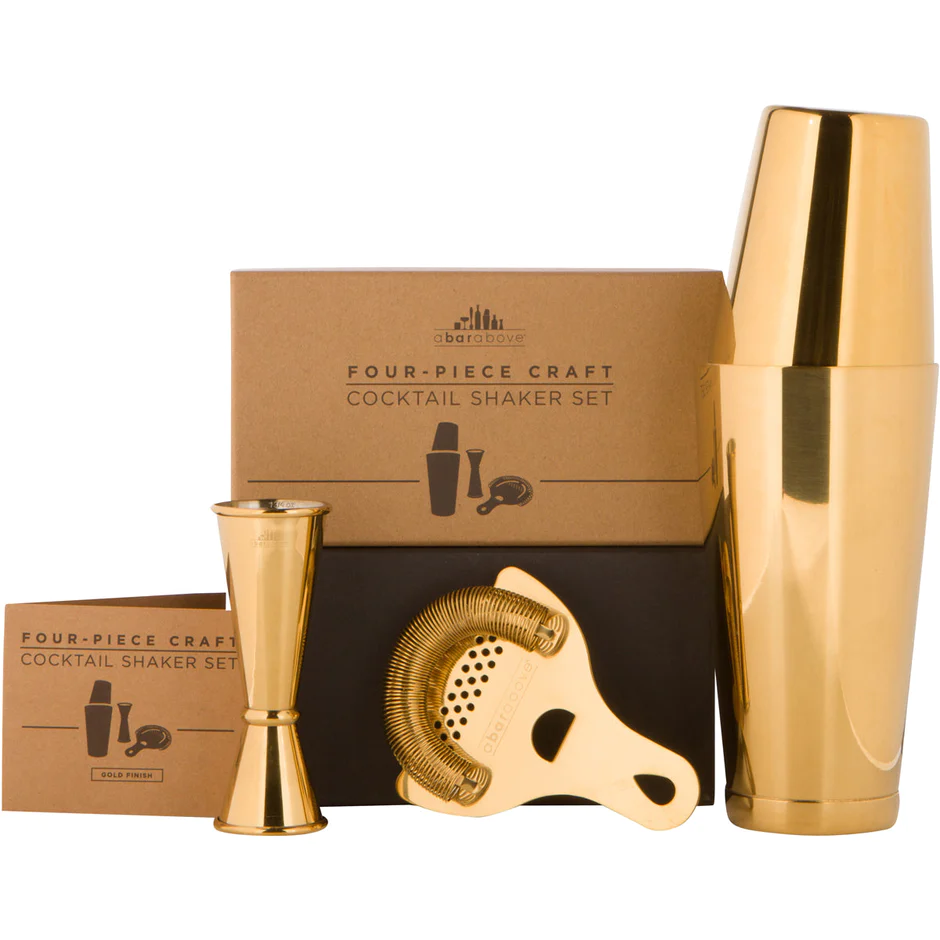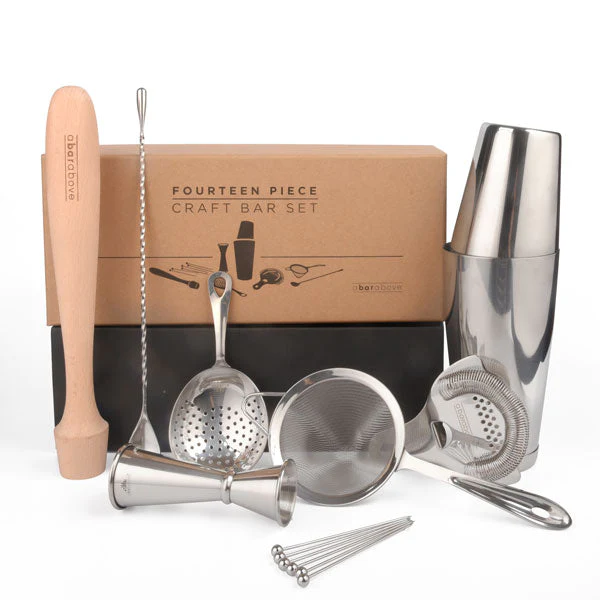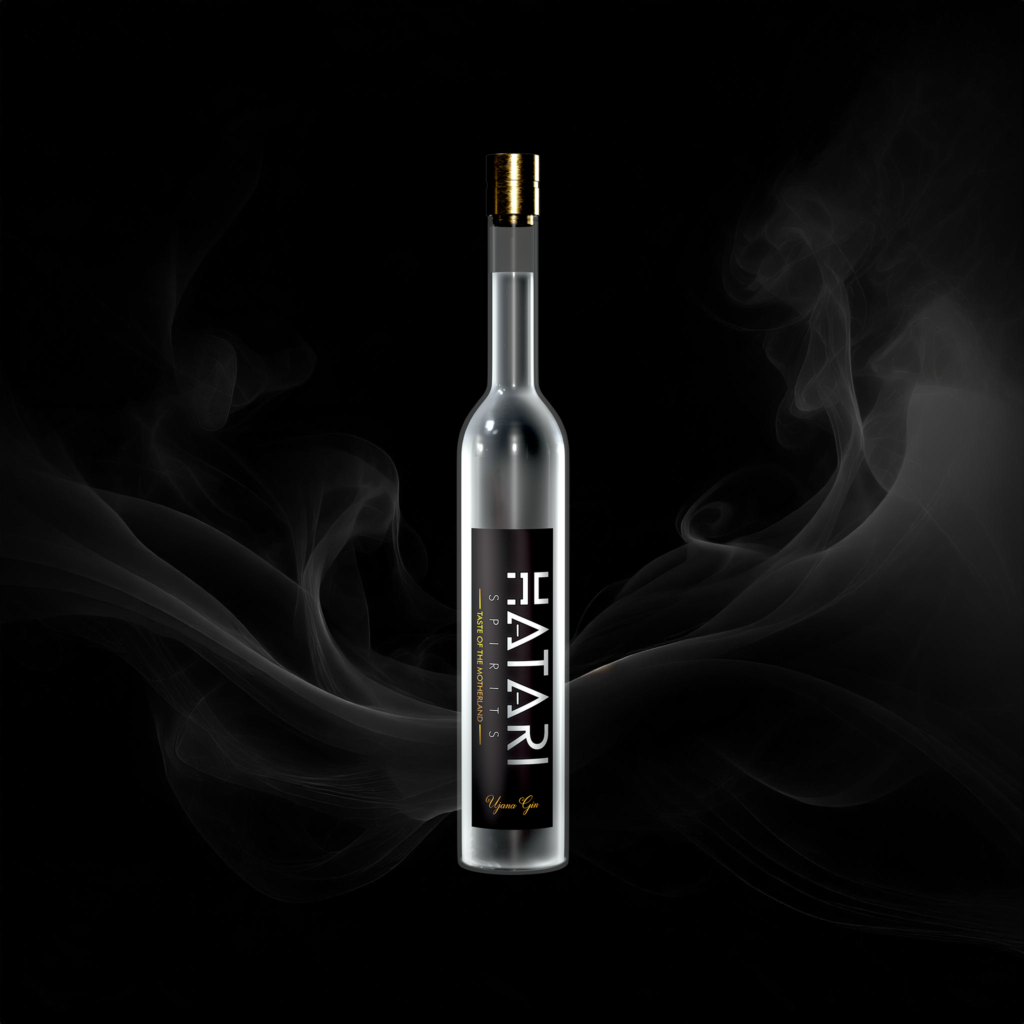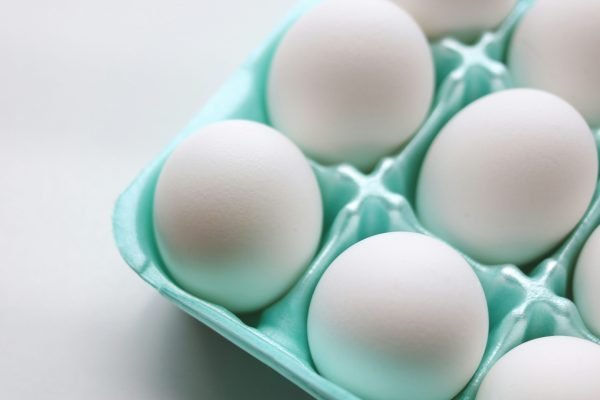
In the realm of mixology, innovation knows no bounds. From classic concoctions to avant-garde creations, bartenders continually seek new ways to tantalize the taste buds of patrons. One such method gaining traction is the incorporation of egg whites in cocktails. Beyond mere aesthetics, the addition of egg whites introduces a velvety texture and subtle complexity to libations, elevating the drinking experience to new heights. However, this practice comes with its own set of considerations, particularly concerning safety. In this article, we delve into the reasons behind using egg whites in cocktails and provide essential guidelines for their safe usage.
The Art of Incorporating Egg Whites
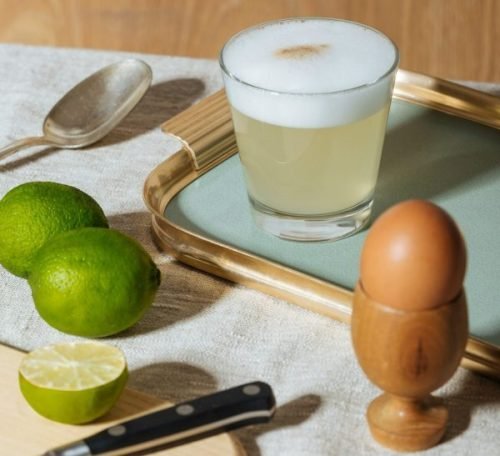 Egg whites, with their unique properties, bring a luxurious mouthfeel and frothy consistency to cocktails, transforming them into silky-smooth libations. They serve as a versatile ingredient, enhancing both traditional and contemporary recipes alike. Whether it’s a classic Whiskey Sour or a modern twist on a Pisco Sour, the addition of egg whites introduces a delightful creaminess that complements various flavor profiles.
Egg whites, with their unique properties, bring a luxurious mouthfeel and frothy consistency to cocktails, transforming them into silky-smooth libations. They serve as a versatile ingredient, enhancing both traditional and contemporary recipes alike. Whether it’s a classic Whiskey Sour or a modern twist on a Pisco Sour, the addition of egg whites introduces a delightful creaminess that complements various flavor profiles.
Enhancing Flavor and Texture
Beyond the aesthetic appeal, egg whites contribute to the overall flavor profile of cocktails. The proteins in egg whites interact with other ingredients, imparting a subtle richness and rounding out sharp flavors. Moreover, their foaming ability creates a velvety texture that lingers on the palate, enhancing the drinking experience.
Ensuring Safe Usage
While egg whites offer numerous benefits to cocktails, their inclusion requires careful attention to safety protocols. Raw eggs carry the risk of salmonella contamination, presenting potential health hazards if not handled properly. To mitigate these risks, bartenders must adhere to strict hygiene practices and employ pasteurized egg whites whenever possible.
Best Practices for Safe Handling
Use Pasteurized Egg Whites: Opt for pasteurized egg whites to minimize the risk of foodborne illness. These products undergo a heat treatment process that kills harmful bacteria while preserving the egg’s integrity.
Separate Eggs Carefully: When separating eggs, ensure that no yolk contaminates the whites, as the yolk carries a higher risk of contamination. Use a separate bowl to catch the whites, discarding any eggs that appear cracked or compromised.
Store Properly: Store egg whites in a clean, airtight container in the refrigerator to maintain freshness and prevent bacterial growth. Use them within a reasonable timeframe to minimize the risk of spoilage.
Sanitize Equipment: Thoroughly clean and sanitize all equipment, including shakers, strainers, and glassware, before preparing cocktails with egg whites. Regular cleaning prevents cross-contamination and ensures the safety of patrons.
Educate Staff and Consumers: Train staff members on proper handling procedures and educate consumers about the use of raw egg whites in cocktails. Transparency fosters trust and allows patrons to make informed decisions about their beverage choices.
Conclusion
Incorporating egg whites in cocktails adds a dimension of sophistication and indulgence, elevating the drinking experience for discerning patrons. However, ensuring the safety of these libations is paramount. By following best practices for handling and storage, bartenders can harness the transformative power of egg whites while safeguarding the health and well-being of their guests. With attention to detail and a commitment to excellence, cocktails enriched with egg whites will continue to delight palates and inspire creativity in the world of mixology. Cheers to the perfect froth and flavor fusion!
Shots: The Artistry of Sipping Elixirs
Elevate Dry January and Beyond with These Exquisite Mocktail Recipes

